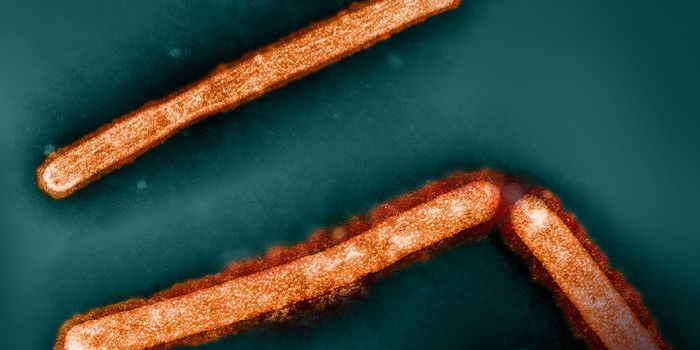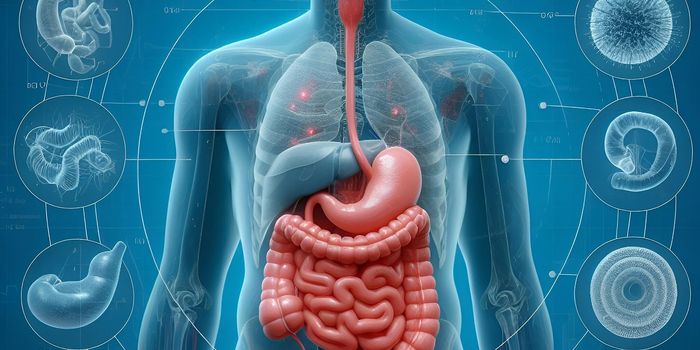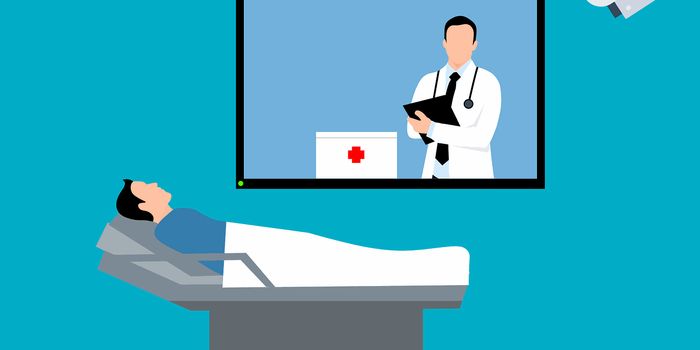Scientists Create a Capsule That Can Monitor Digestion in the Intestine
Scientists have developed a special capsule that people can take like a pill, and it will move through the digestive system collecting data on metabolism and digestion. The work has been reported in Nature and Nature Metabolism by researchers at several academic institutions and Envivo Bio Inc.
Many digestive processes take place in the small intestine, but it's a difficult place to access. When the small intestine is assessed in patients, they have to fast before the procedure, which limits the information that can be obtained, noted Professor and study co-author Oliver Fiehn of the University of California Davis.
This new capsule can change how the intestines are evaluated. Usually, stool samples are analyzed, but most metabolites are generated higher in the intestines, noted study co-author Dari Shalon of Envivo Bio. "CapScan gives us a fuller picture of the gut metabolome and its interactions with the gut microbiome for the first time.”
The capsule can simply be swallowed and it will collect biofluids and microbes as it moves from the upper intestine to the colon. It is then recovered from stool. A pH-sensitive capsule coating ensures that samples are only taken from a specific place in the intestinal tract.
“This capsule and reports are the first of their kind,” Fiehn said. “All other studies on human gut microbiota focused on stool as a surrogate for colon metabolism. However, of course, the fact is that 90 percent of human digestion happens in the upper intestine, not the colon.”
Fifteen healthy volunteers took the capsule to collect data on normal daily digestive functions. The researchers identified almost 2,000 metabolites, and determined that the upper intestine is very different from stool in nearly all aspects of metabolomics.
The data showed that two of the volunteers who had taken antibiotics in the six months before they took the capsule had significant variations in the levels of bioactive fatty acid esters of hydroxy fatty acids (FAFHAs), and sulfonolipids, which are metabolites that have been associated with the prevention of both inflammation and diabetes. A bacterial species called Blautia was determined to be most involved in the metabolism of fatty acids.
“Overall, this device can help elucidate the roles of the gut microbiome and metabolome in human physiology and disease,” said Fiehn.
Right now, there do not seem to be any specific details on how much the device will cost or who might be able to access it.
Sources: UC Davis, Nature, Nature Metabolism









